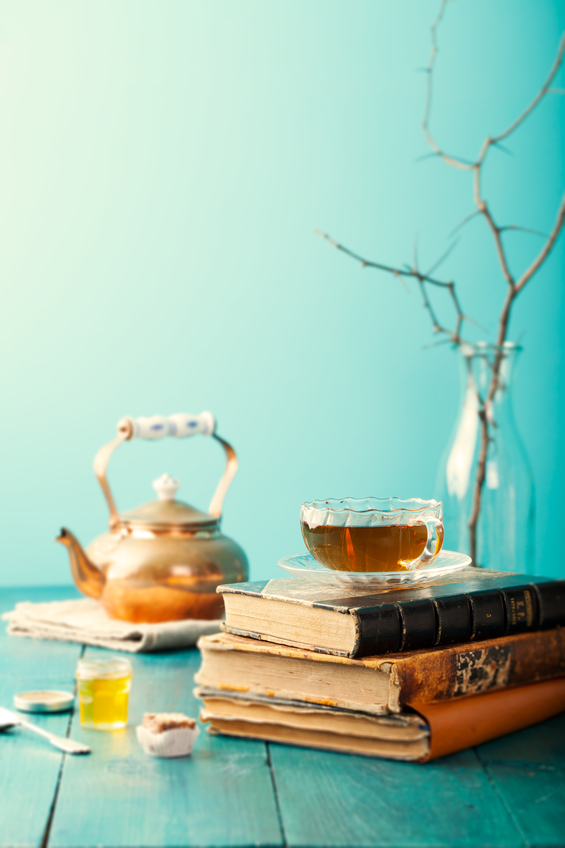A healthy and happy gut is vital to achieve a healthy body

Happy and healthy bowels are the pillars for our body and the cornerstone for your entire feeling of vitality, energy, health and well-being. The digestive system is an amazing organ that turns the food that we eat into the cells of our body and the energy that we feel. When our gut is working well, you feel fabulous, vibrant and full of energy; but if there is a chink in its armour, your body is the first to let you know that it is not happy. Around one in five of us are suffering from Irritable Bowel Syndrome (IBS) and common symptoms include….
- bloating and abdominal discomfort
- excess wind
- reflux or indigestion
- abdominal discomfort or pain
- loose stools, diarrhoea and/or constipation
- unpredictable bowel habits
- unexplained fatigue (when all other possibilities are ruled out)
These symptoms can vary in intensity and duration and for some, these symptoms are very debilitating and often these symptoms are worse in the morning, and have a great impact on people’s daily lives. The actual cause of IBS is unclear, however it is suggested that bouts of illness, physical or emotional stress, gut bug or infection or certain medications can all be linked to developing gut problems later. Stress – albeit physical or emotional, can trigger worsening of your GUT symptoms and this is related to the body’s natural stress response. When our body is in a “fight or flight” response to a short term or long term stress situation which can be real or a perceived stress, the body naturally slows down the blood flow to the gut as a way of ensuring that adequate blood flow is available to our limbs, ready for battle. In doing so, the GUT which usually is responsible for producing 90% of the body’s hormone serotonin, is now producing less and less of our body’s calming hormone.
This makes for one very unhappy gut, which is sure to let you know……
A diagnosis of IBS can only be made when all other bowel disorders have been ruled out by a GP or gastroenterologist. Working with an Accredited Practising Dietitian (APD), specialising in bowel health will help you to find the triggers that aggravate your IBS. Every individual’s gut is unique and different, so ensuring that you have a personalised approach is so important as you do not want to eliminate foods unnecessarily. Ultimately, you may need to only eliminate four – six foods, whereas other people may need to eliminate twelve foods – every person is unique. You only need to eliminate the problematic foods for you, as many of the other foods are very important for optimal health and gut functioning. The two most successful treatments for IBS are stress management and trialling of a low FODMAP diet.
Things that you can do to improve your gut symptoms
- improve your good gut microbiome with daily probiotics in food (eg fermented food such as kimchi, kombuchi, sauerkraut), probiotic rich yoghurt, prebiotics which are foods that nourish the probiotics such as wholegrains, lentils and firm bananas
- try reduce your stress levels, see if you can explore the stressors in your life and see if they are real or perceived. Be kind to yourself, regularly practice deep diaphragmatic breathing at least five sessions a day, try some gentle exercise and some restorative movement such as yoga, Tai Chi.
- now time to work on some physical stressors on your body which can be FOOD as there are many problematic foods that you may be having that is aggravating your gut symptoms further. Eat less processed foods as they are often low in nutrients, high in sugars, low in fibre and do not provide adequate nourishment for your healthy gut bacteria to grow. It is also worthwhile to trial a low FODMAP diet, under the guidance of an APD for about 4-6 weeks and assess whether your symptoms improve. At the end of your trial, it is important to re-introduce some of these foods back into your diet and assess your tolerance and threshold. Ideally, you will have a list of your problematic foods, and your tolerance and threshold of these foods. My experience with many clients have found the main-player problematic foods include the garlic & onion family, wheat and lactose – and each need to be assessed with you individually.
- minimise common gut irritants such as alcohol, caffeine (opt for green tea instead), foods with a high fat load, and for some people – spices and curries
- hydrate all your cells in your body with adequate water – aim for at least 6 glasses of water each day
- keep a food and symptom diary to help you and your Dietitian assess your IBS symptoms

